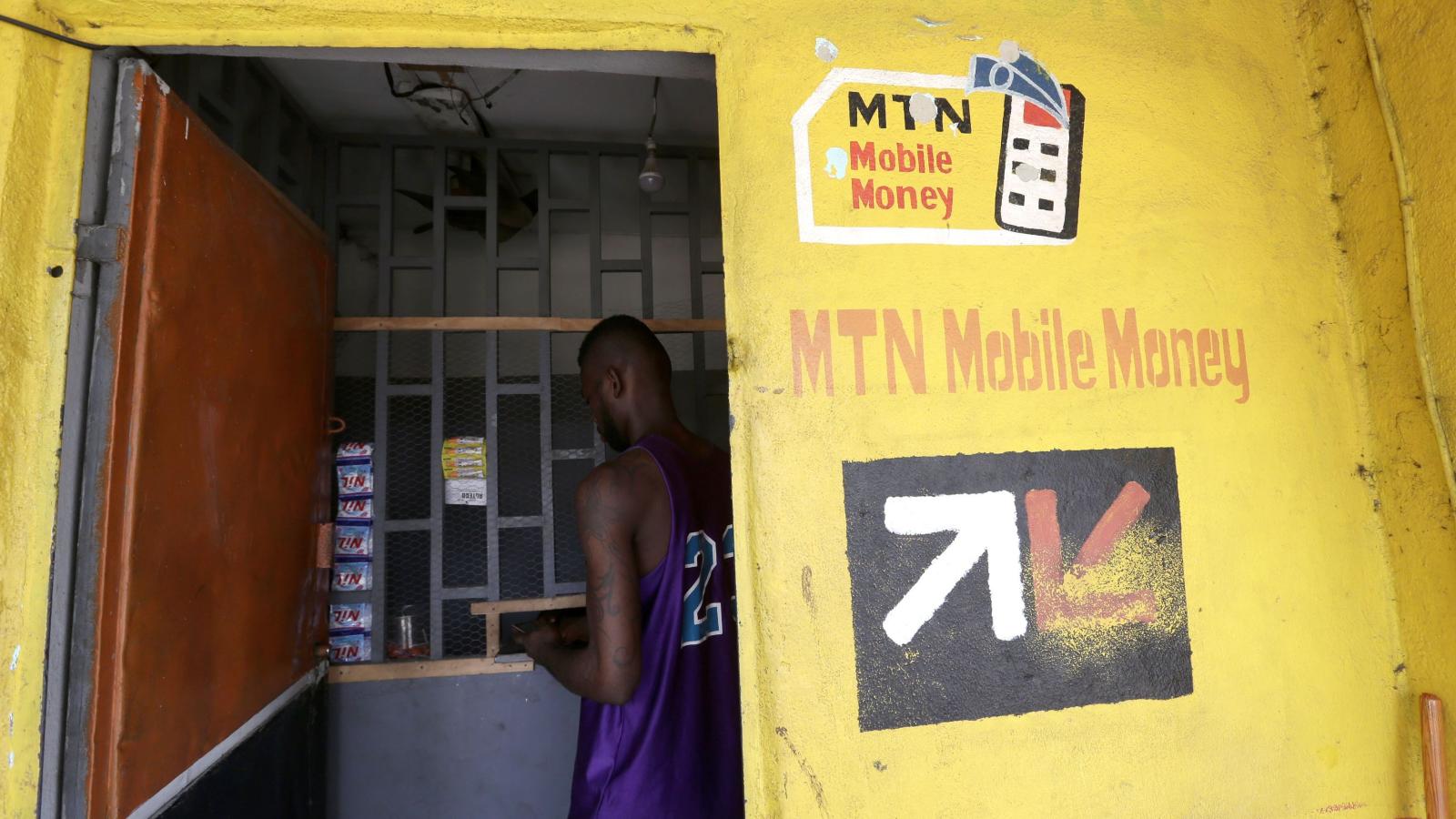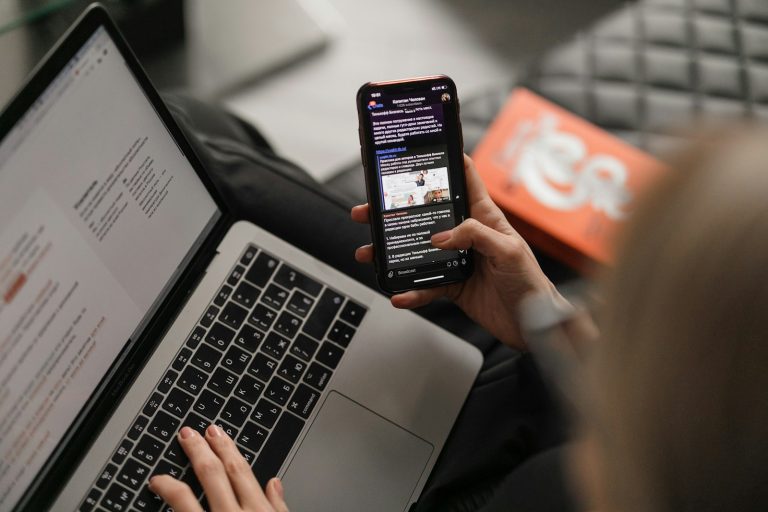More African countries dive into a cashless future with new MTN, Flutterwave deal

MTN’s new deal with payments technology firm, Flutterwave is set to deliver cash to mobile wallets of more Africans via MTN Mobile Money (MoMo) with the planned expansion in Cameroon, Côte d’Ivoire, Rwanda, Uganda, and Zambia.
This digital move is primed to plug millions of unbanked people in those countries into mainstream financial services and prop up businesses especially those in remote areas.
Safaricom, east Africa’s biggest telco, is gearing up for the commercial launch of operations in Ethiopia in 2022, with its subsidiary there announcing it will invest $8.5 billion over ten years to steer digitalization.
The firm aims to build a team of 1 000 employees by June next year.
MTN MoMo is a fintech platform providing individuals and businesses with an electronic wallet, for contactless financial services like electronic transfers and payments.
Its deal with Flutterwave’s comes on the back of explosive growth in Africa’s mobile money systems that has made the continent a world leader.
Africa is a forerunner in the adoption of mobile money
According to Statista, mobile money has become a big business for telecommunication providers in Africa.
“M-Pesa, managed by Vodafone and Safaricom and operating in seven countries, has seen significant growth in recent years. The service attracted an additional 12 million users from 2017 to 2020, reaching 41.5 million users by 2020,” the research firm says.
“M-Pesa users made 12.2 billion transactions in 2020, generating $784.36 million in revenue for parent company Safaricom. MoMo—MTN Group’s mobile money offering—has enjoyed similar growth, reaching 35.1 million active customers in March 2020.”
In 2011 the level of financial inclusion in Africa was just over 23% and jumped to almost 43% in 2017, buoyed by the growth of digital financial services. The figure is expected to be much higher today.
According to African Development Bank (AfDB), financial inclusion has grown dramatically in recent years, as seen in the number of countries that committed to the Maya Declaration and the G-20 Financial Inclusion Action Plan, as well as strategies and targets set by individual governments.
In Nigeria—a country with an estimated population of over 211 million as of 2021—the financial inclusion rate has registered consistent growth, rising from 56.8% in 2016 to 63.2% in 2018 and is expected to reach 70% by 2020.
In the Democratic Republic of Congo, mobile money services jumped 16% by 2017, pushing the overall financial inclusion rate from 3.7% to 26% from 2011 to 2017.
Still, Africa’s unbanked population remains huge with an estimated 350 million adults lacking an account, 63 million of which are Nigerian. In Ethiopia, 60% of its adult population, about 70% of the DRC’s adults, and two-thirds of Egypt’s adult population did not have a bank account in 2017.
At 43% bank accounts penetration, Africa lags behind the 69% global average and the 63% developing world average.
The original version of this story was republished with the permission of bird, a story agency under Africa No Filter.







